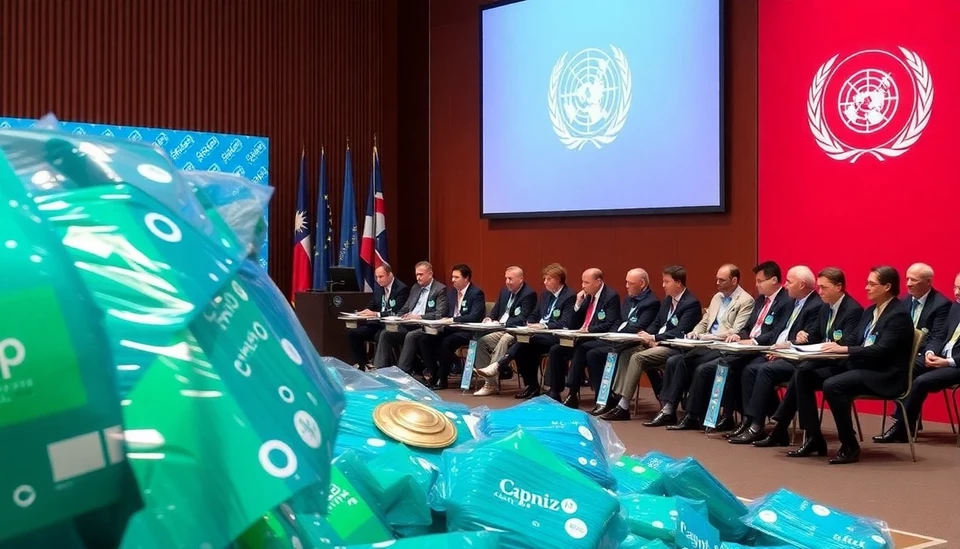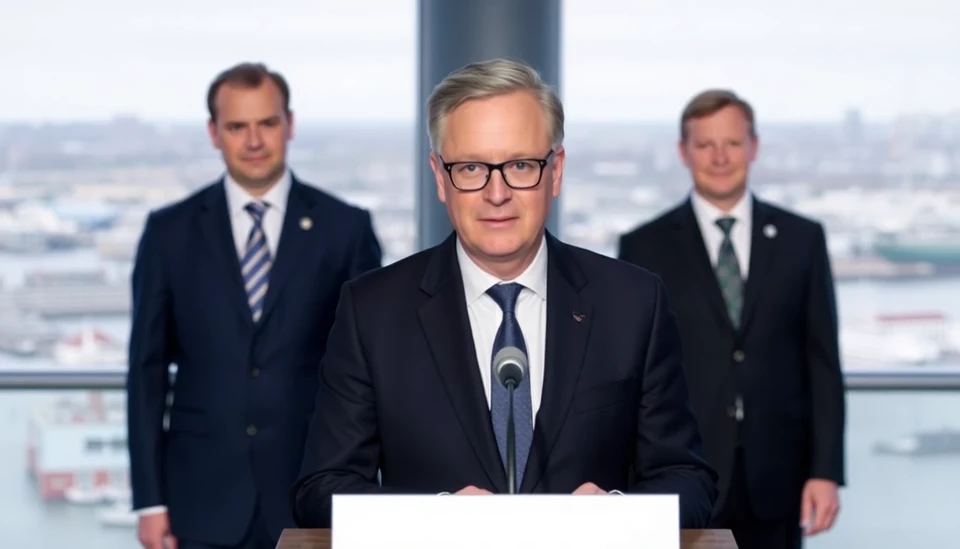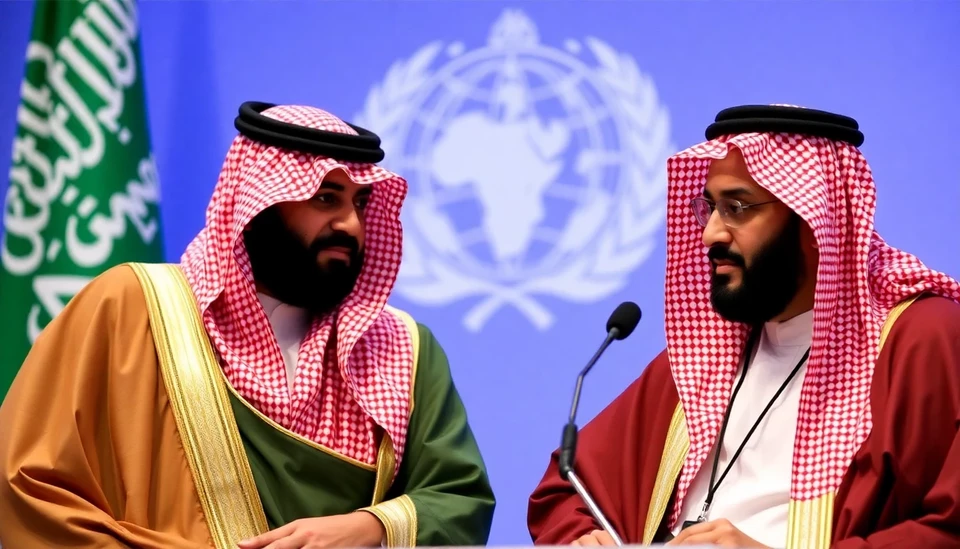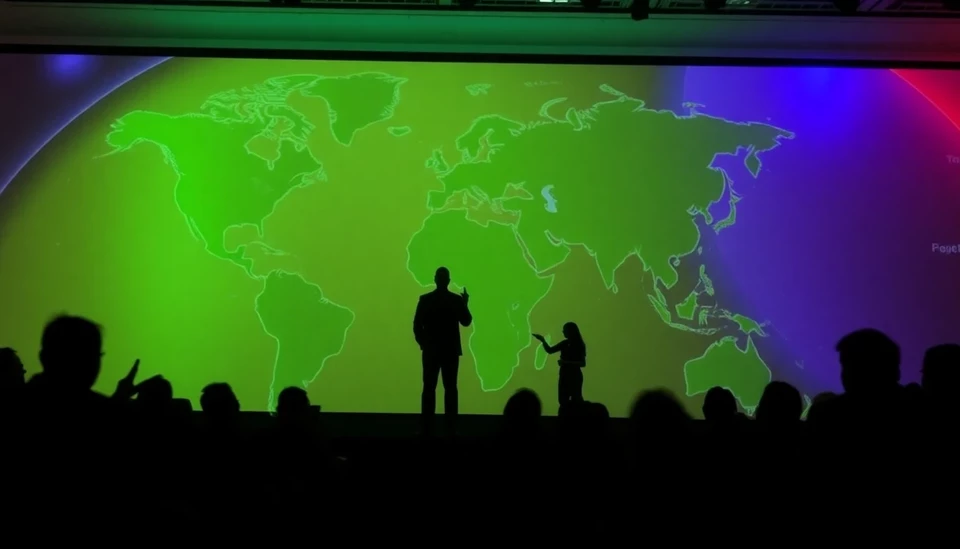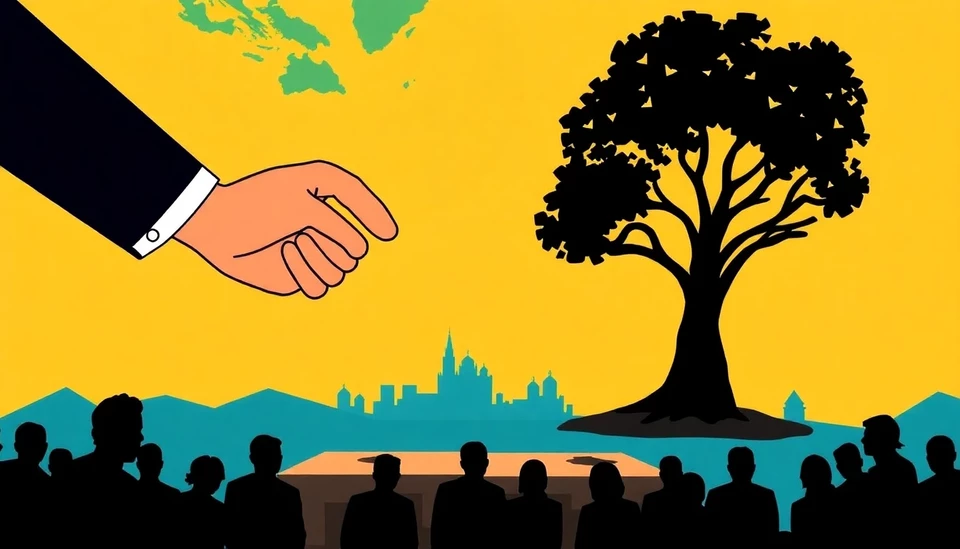
The upcoming COP29 climate conference is at risk of transforming into a significant failure, presenting dire consequences for the advancement of global climate initiatives. As the world prepares for this pivotal event scheduled for December, concerns are mounting that key agreements made at previous Conferences of the Parties (COP) may unravel if current negotiations lead to a deadlock.
Recent discussions and preparatory meetings leading to COP29 have highlighted severe divisions among nations, particularly between developed and developing countries. While developed countries raise concerns about the shared responsibility of emissions cuts, developing nations insist on the need for enhanced financial support to combat climate change effects. The disagreement over these pivotal issues is intensifying, with fears that without a breakthrough, COP29 could mirror past failures rather than build on prior successes.
One of the critical points in these negotiations is the demand for developed nations to fulfill their pledges made during previous COPs, specifically regarding climate financing and emissions reduction commitments. Developing countries are increasingly vocal about feeling abandoned as the projected climate financing, necessary for their adaptation and mitigation efforts, continues to fall short. As the impacts of climate change become more pronounced, this divide could spell disaster for global cooperative efforts.
Analysts warn that if COP29 fails to produce a robust and cohesive agreement, the trust established in earlier COPs could erode, leading to a free-for-all scenario where countries adopt a more self-serving approach to emissions. This scenario would severely threaten the goals of the Paris Agreement and any remaining faith in the multilateral system designed to address climate change comprehensively.
Furthermore, several nations are facing economic pressures and domestic political challenges that complicate their ability to prioritize climate commitments. As economic conditions fluctuate, there is a growing urgency among some countries to place their economic recovery above international climate obligations. This shift may prompt nations to reconsider their involvement in climate negotiations altogether, which could prove disastrous for global efforts to curb rising temperatures.
Despite these looming threats, it remains crucial for negotiators to remain committed to finding common ground. Some proponents of the COP process argue that the stakes are far too high for nations not to engage constructively. Initiatives aimed at fostering collaboration between nations, especially focused on green technology and financial assistance, are essential to rekindle a sense of unity and shared purpose.
The outcomes of COP29 will not only influence the international response to climate change but could also redefine the strategies and behaviors of nations going forward. The world is closely watching to see whether leaders will prioritize collective action over short-term national interests as they gather in the coming weeks.
With the COP29 fast approaching, the pressure is on negotiators to bring back a catalyst for effective climate action—one that rallies countries together instead of driving them apart. The clock is ticking, and the consequences of failure are stark and far-reaching.
As the conference edge closer, all eyes will be on the discussions that unfold, hoping for a resolution that re-establishes a renewed commitment to combatting climate change globally.
#COP29 #ClimateChange #GlobalWarming #ClimateAction #Sustainability #ClimateCrisis #ClimateNegotiations
Author: Peter Collins

